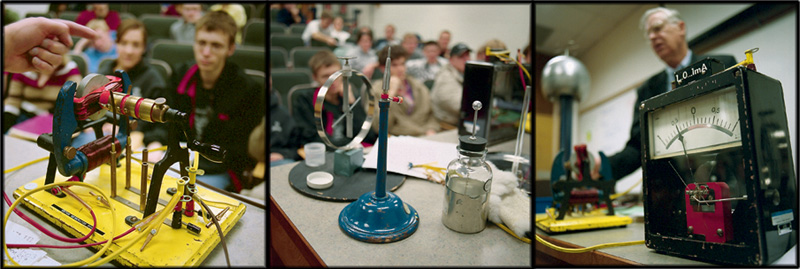Each day schoolchildren dump $3.8 million of fruits and vegetables into the nation’s school-cafeteria trashcans. Economics professor Joseph P. Price IV (BA ’03) has a way to get kids to give healthy food a chance: pay ’em. His study, published in the Journal of Human Resources, shows that if you pay kids a small amount—like a nickel or a quarter—consumption goes up 80 percent. In a similar study addressing American students’ low math scores, he rewarded diligent math students with iTunes gift cards. Is it OK to pay kids for this stuff? Here is Price’s thinking.
Q: When are incentives appropriate?
A: Incentives work best when they help kids either acquire a skill or change their preferences. Kids become better at reading by reading. If you find ways to get kids to read more, then they are more likely to read in the future because they are better at it. Every activity has this learning curve, and until you get over the hump, it’s going to be unpleasant. If kids won’t try a new food or activity, they’ll never know they if they like it. It’s kind of a green-eggs-and-ham problem.
Q: What makes incentives a good tool?
A: If your future self could pay you to put in an extra hour of math every day, you might be willing to do it. If kids were to spend an extra hour doing math every day, they would make so much more money in the future. Future income—the long-term reward—doesn’t motivate little kids, but a small reward today could.
Q: What happens when the incentive ends?
A: Take away the reward, and kids are still better off than when they started, only they’re more likely to continue the desired behavior. With the fruits-and-vegetables incentive research, when the reward was taken away, kids’ fruit and vegetable consumption remained about 33 percent higher than where it started.
Q: Are there other incentives besides money?
A: As a researcher, I’m limited in the kind of rewards I can provide. I can’t give kids extra time before bed. But parents can take kids on a date, give them a little extra computer time, or let them stay up a little later. These are all rewards. Parents have a much bigger arsenal.










